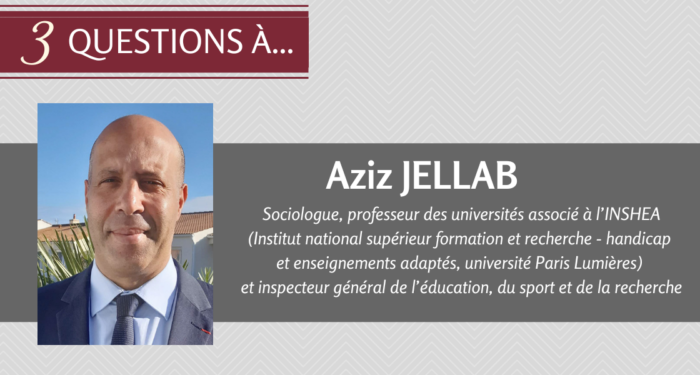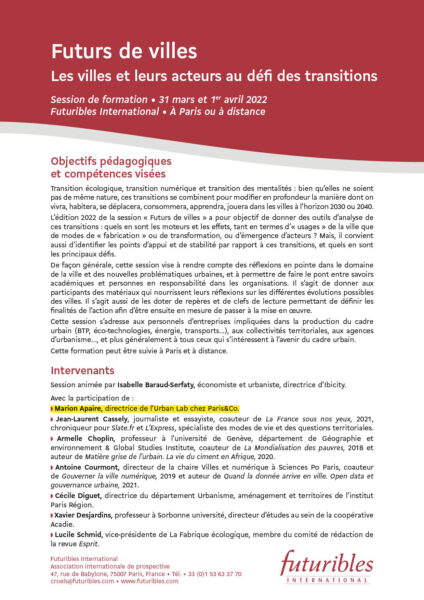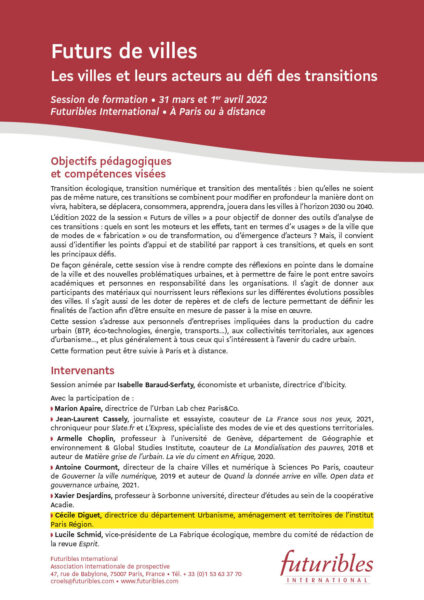Since 1997, Unesco’s Analysis and Forecasting Office organizes “21st Century Talks” which bring together well-known experts on the major issues of the future.
On the basis of these discussions and the “21st Century Dialogues” which were held in September 1998, the person in charge of these meetings, Jérôme Bindé, has assembled the views of about sixty international experts in a book under the title, Keys to the 21st Century.
On the eve of its publication (Paris: Unesco/Seuil, May 2000), we reproduce here some extracts from the book by Jérôme Bindé himself on the subject of “urban apartheid”.
Cities, in the past the place where people mixed and interacted, are facing a new threat: urban apartheid, spatial segregation, with the “haves” increasingly sheltering in their private fortresses from the poor and marginal.
Bindé argues that, in both North and South, we are witnessing a destruction of public space, a rapid privatization of neighbourhoods, of urban amenities and services, reserved for the more affluent, who make arrangements for themselves within their own enclosures, carefully separated from the homeless.
Are this breakdown of the city and the rise of this urban apartheid unavoidable and irreversible trends? Without hiding his concern, the author examines the range of possible developments.
Vers l'apartheid urbain ?
Cet article fait partie de la revue Futuribles n° 253, mai 2000



